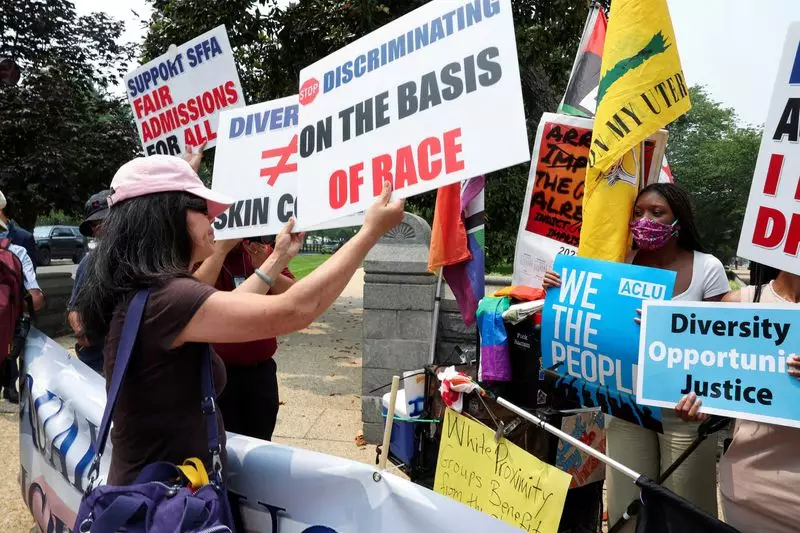In a striking move that has reverberated throughout governmental and civil society circles, President Donald Trump’s administration has initiated a campaign to abolish diversity, equity, and inclusion (DEI) programs across federal agencies. A memo issued by the Office of Personnel Management on a recent Friday outlined the directive, mandating heads of various departments to dismantle offices and roles dedicated to these initiatives within a sixty-day period. This decision marks a significant pivot in U.S. policy, reflecting Trump’s longstanding stance against what he perceives as a divisive agenda within government structures.
Diversity, equity, and inclusion programs are designed to advocate for the representation and fair treatment of typically marginalized groups. These programs aim to foster an environment where women, ethnic minorities, and members of the LGBTQ+ community can access equal opportunities in employment. Proponents argue that DEI initiatives are essential for confronting entrenched systemic inequities and addressing the historical legacies of discrimination that persist in society. Advocates for civil rights suggest that such programs are not merely opt-in policies but are necessary mechanisms to facilitate a level playing field for all Americans, enhancing diversity within the workforce.
Opponents of DEI assert that these programs serve to discriminate against individuals not belonging to historically marginalized groups. They argue that the focus on diversity undermines the principle of meritocracy, leading to a workplace environment where hiring and promotion decisions might prioritize demographic characteristics over qualifications and capabilities. Trump’s allies have echoed this sentiment, promoting the idea that DEI complicates the hiring landscape and undermines professional merit, a view that has found support among certain segments of the population and provides the backbone for the administration’s rationale.
The ramifications of this policy shift extend beyond federal agencies to the private sector as well. Trump’s administration has encouraged businesses to reconsider or abandon their own DEI efforts, framing such programs as unnecessary and potentially harmful. This pushes the broader social dialogue about equality, diversity, and race relations into a fraught territory where the concepts of inclusion and justice may be contested. Critics warn that this move could lead to a regression in the hard-fought gains made by various advocacy groups over the past decades, potentially perpetuating cycles of inequality rather than dismantling them.
The recent directive to dismantle DEI programs in U.S. federal agencies signals a profound ideological shift under Trump’s administration. Supporters view it as a move towards merit-based policies free from perceived biases. Conversely, civil rights advocates decry it as a dangerous rollback of essential measures designed to promote equity and representation in governmental structures. The unfolding implications of this policy change will likely shape American discourse on diversity and inclusiveness for years to come, raising critical questions about the nation’s commitment to addressing longstanding social inequities.

